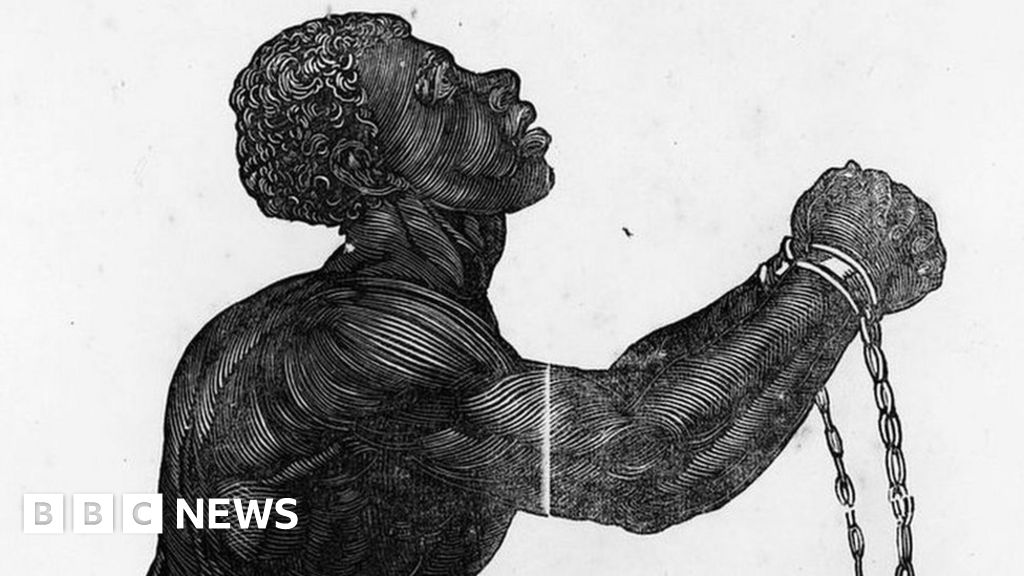There are generally two types of reparations in a human rights-based case. Restitution (e.g. where those with illicit gains surrender them back to the victim) and compensation (e.g. to offset the damages that have been suffered by the victim) Any reparation needs to be clear in who was the criminal and who was the victim. This always needs to be supported by a public apology, commorations and guarantees of non-repetition. Statutory limitations for claims are another story but from my personal perspective, claims should focus on those alive today who have suffered damages that are clearly linked to a human rights event in which the state was involved.
In the US (which differs somewhat to Argentina) there are generations alive today who are still experiencing economic damages arising from slavery. While their (great)grandparents may have been set "free" 150 years ago, they were set free without money in their pocket to a society with a whole raft of racial segregation laws by the state designed to keep them disadvantaged and deprive them of certain resources. These laws continued to recent times affecting citizens who are alive today and experienced comparatively disadvantaged lives by design through no fault of their own. This for me is where reparation by the state to many descendants of slavery has a stronger case and also a stronger benefit since any monies received from reparations could be used to reduce the statistical "gap" between them and other citizens by creating capital to be able to achieve equal opportunity and thus balance the scales of justice.
In an Argentine slavery context, I think it is a little fuzzier since it may be harder to find subsequent laws that made life deliberately harder for the descendants of slaves, however, it may be possible to make a case to show the state as being responsible for systematically erasing their cultural identity, with the consequences still affecting living generations. In this case, I would imagine reparation could be best served on a collective level aimed at financing cultural awareness programs, which would make it possible for their descendants to learn about Afro-Argentine culture as easily as they could learn about Roman-Catholic European Argentine culture, for example.
This is well thought out but I don't think Argentina can be left off the hook. I knew an Argentine woman of African descent who told me that she knew of many people like herself. She insisted that Argentines are so racist that they want to deny the existence of people like herself. She was a singer who ended in poverty, fortunately able to live out her life in the actors old age home on Santa Fe near 9 de julio. Surely she deserved reparations, no? And many others I suspect she could have identified.


